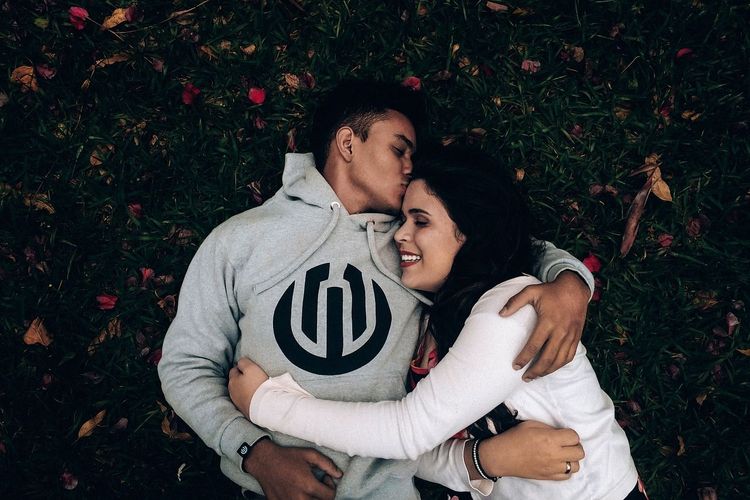More than a year after ChatGPT made waves in mainstream media, generative AI continues to spark controversy among artists. Initiatives like Nightshade are emerging to help them resist AI companies that scrape and train models using their work.
Despite this, numerous pop culture icons are embracing AI technology. Recently, the showrunner and writer of HBO's True Detective: Night Country, along with Ye (formerly Kanye West), released new projects utilizing AI.
In True Detective: Night Country, directed by Issa López, keen viewers noticed low-quality AI-generated posters hanging in a character's bedroom during the second episode aired on January 21. The posters featured a fictional girl group and a nondescript rock band, complete with awkward text like "Metal U.S. Tour" and humorous errors, such as "2st LIVE," typical of generative AI's output.
While I’ve been enjoying this season of True Detective, I likely wouldn’t have spotted the posters' oddities without discussions on X (formerly Twitter). Once noticed, however, they detracted from the overall quality of the scene. Importantly, this moment wasn't central to the episode and served mainly to support the plot.
Some viewers expressed frustration over the inclusion of AI-generated elements, especially given the show’s success largely stems from a dedicated fan base that delves into every plot detail. In response, López clarified on her X account that the posters were meant to evoke a “sad” tone, highlighting the desolation of the show’s Arctic setting. She hinted that the use of AI was more an artistic choice than a cost-saving tactic, stating, "Chat GPT came as we were shooting. We were feeling not kind towards AI."
Intriguingly, López reshared an AI-generated image by a fan featuring a vehicle from the fictional “TSALAL Arctic Research Station,” demonstrating her willingness to engage with AI creativity.
The more AI is utilized in entertainment, the more normalized it becomes, potentially softening hostilities surrounding its integration, even amid recent landmark agreements allowing writers and actors to control AI's use in film and TV.
On another front, Ye and Ty Dolla $ign are leveraging AI to promote their upcoming album, Vultures, set for release in early February 2024. They shared a visually striking trailer on Instagram, crafted using AI video generation technology and crediting Canadian artist Jon Rafman. The trailer combines surreal imagery with themes reminiscent of Rafman's unsettling art—an approach he believes revolutionizes creation akin to the Industrial Revolution.
In a recent interview, Rafman discussed AI's impact on art, emphasizing that while much AI-generated work is of questionable quality, it has the potential to revolutionize artistic processes. He asserted, “A.I. art is going through the same evolution that film and photography did when they first emerged as art forms."
Responses to the Vultures trailer have generally been favorable, indicating that fans may be more receptive to AI usage amid Ye's controversial past. However, he is not alone in this experimentation; artists like Nicki Minaj faced backlash for AI-generated artwork in her recent album, "Pink Friday 2," highlighting the tech's divisive nature.
Previously, Marvel’s Secret Invasion faced significant criticism for its opening sequence generated with the AI tool Midjourney. While the show was met with mixed reviews, this incident illustrates ongoing resistance to AI's integration in mainstream media.
As AI technology advances, it will become increasingly challenging for audiences to detect its presence in popular entertainment. As major artists continue to adopt AI, it's evident that this trend is not slowing. Creators and companies should pay close attention to this evolving landscape and prepare for varied audience reactions to the integration of AI in their work.







